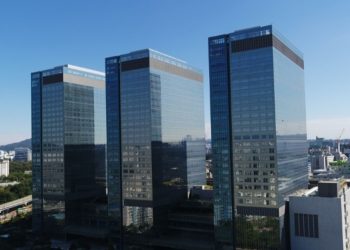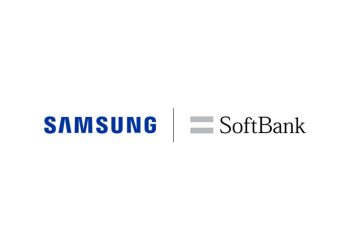South Korea has unveiled its biggest-ever budget plan, setting aside 728 trillion won ($524 billion) for 2026, an 8.1 percent increase from this year. The steep hike, approved by the Cabinet on Friday, comes as the government looks to counter slowing corporate investment, trade pressures from U.S. tariffs, and demographic challenges from an aging society.
The proposal also involves an unprecedented overhaul of underperforming programs to reallocate funds more effectively, highlighting President Lee Jae-myung’s push to elevate South Korea as a leading AI powerhouse on par with the U.S. and China.
The government said it will focus fiscal resources on artificial intelligence and other future growth sectors to revive momentum in Asia’s fourth-largest economy, which has been strained by falling exports, weak corporate investment, and demographic challenges such as low birth rates and an aging society. Approximately 72 trillion won has been allocated for research and development (R&D), with a strong emphasis on AI.
Outlays for AI are expected to rise to 10.1 trillion won in 2026, more than three times the 3.3 trillion won allocated this year. The funding will support the purchase of 15,000 high-performance GPUs, boosting the country’s AI computing power to 35,000 units within two years. The private sector is expected to add another 15,000, bringing the national total to 50,000 GPUs. Investments will also cover AI graduate schools, stipends for top students, and overseas training opportunities to cultivate 11,000 advanced specialists.
The government plans to accelerate “physical AI” adoption in core industries such as robotics, automobiles, shipbuilding, and semiconductors, committing around 6 trillion won over the next five years. To speed things up, yearly budgets for these projects will bypass lengthy feasibility reviews. On the consumer side, about 900 billion won will be directed toward developing 300 AI-powered products — ranging from smart mirrors that suggest cosmetics to gadgets that can analyze a baby’s cries.
South Korea’s R&D budget is set to surge 19.3 percent to an unprecedented 35.3 trillion won, with funds directed toward biotechnology, cultural industries, defense, and clean energy. Within this, 10.6 trillion won will be funneled into key technologies such as silicon carbide power semiconductors, known for their higher energy efficiency compared to conventional chips. Government officials described the move as part of a shift toward “strategic fiscal management” designed to secure the nation’s long-term competitiveness.
To back emerging industries, the government plans to allocate 1 trillion won to the National Growth Fund, a public–private vehicle designed to attract more than 100 trillion won in investment. The fund is expected to play a central role in boosting startups and advanced technologies. However, skeptics caution that taxpayers may bear the burden if ventures fall short, pointing to earlier state-supported funds that lost steam when political priorities shifted.







